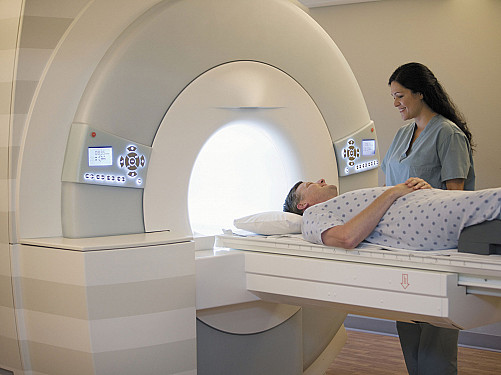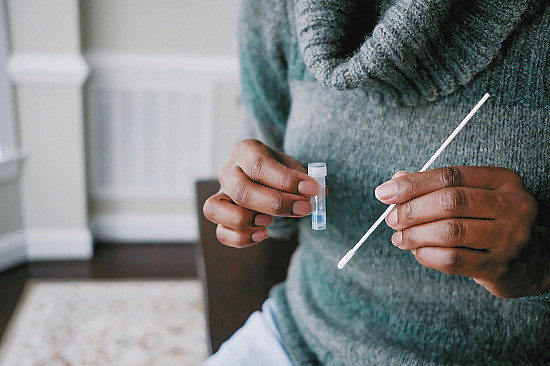Recent Blog Articles

Lead poisoning: What parents should know and do

How does waiting on prostate cancer treatment affect survival?

Does running cause arthritis?

Is alcohol and weight loss surgery a risky combination?
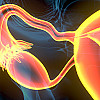
Preventing ovarian cancer: Should women consider removing fallopian tubes?
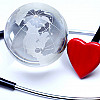
Healthier planet, healthier people
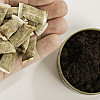
Is snuff really safer than smoking?
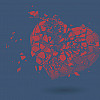
Will miscarriage care remain available?

Considering collagen drinks and supplements?

Does less TV time lower your risk for dementia?
Pap Test (Papanicolaou Smear)
What Is It?
The Pap test (Papanicolaou smear) is an examination that is used to detect cervical cancer and precancerous conditions of the cervix. If a Pap test detects a precancerous condition (a change on the surface of the cervix that can lead to cancer), your doctor can treat or remove the abnormal tissue to prevent cervical cancer. If a Pap test detects a cervical cancer in its early stages, it may be possible to treat and cure your cancer before it has a chance to spread.
In almost all cases, precancerous changes or cancer on the surface of the cervix are caused by a virus infection called human papilloma virus (HPV). Some types of HPV cause genital warts, and some types of HPV can cause cancer. Most people who are infected with HPV do not have symptoms, but they can spread the virus to others. HPV is spread through sexual contact with an infected person.
To continue reading this article, you must log in.
Subscribe to Harvard Health Online for immediate access to health news and information from Harvard Medical School.
- Research health conditions
- Check your symptoms
- Prepare for a doctor's visit or test
- Find the best treatments and procedures for you
- Explore options for better nutrition and exercise
I'd like to receive access to Harvard Health Online for only $4.99 a month.
Sign Me UpAlready a member? Login ».
Disclaimer:
As a service to our readers, Harvard Health Publishing provides access to our library of archived content. Please note the date of last review or update on all articles.
No content on this site, regardless of date, should ever be used as a substitute for direct medical advice from your doctor or other qualified clinician.
Free Healthbeat Signup
Get the latest in health news delivered to your inbox!

